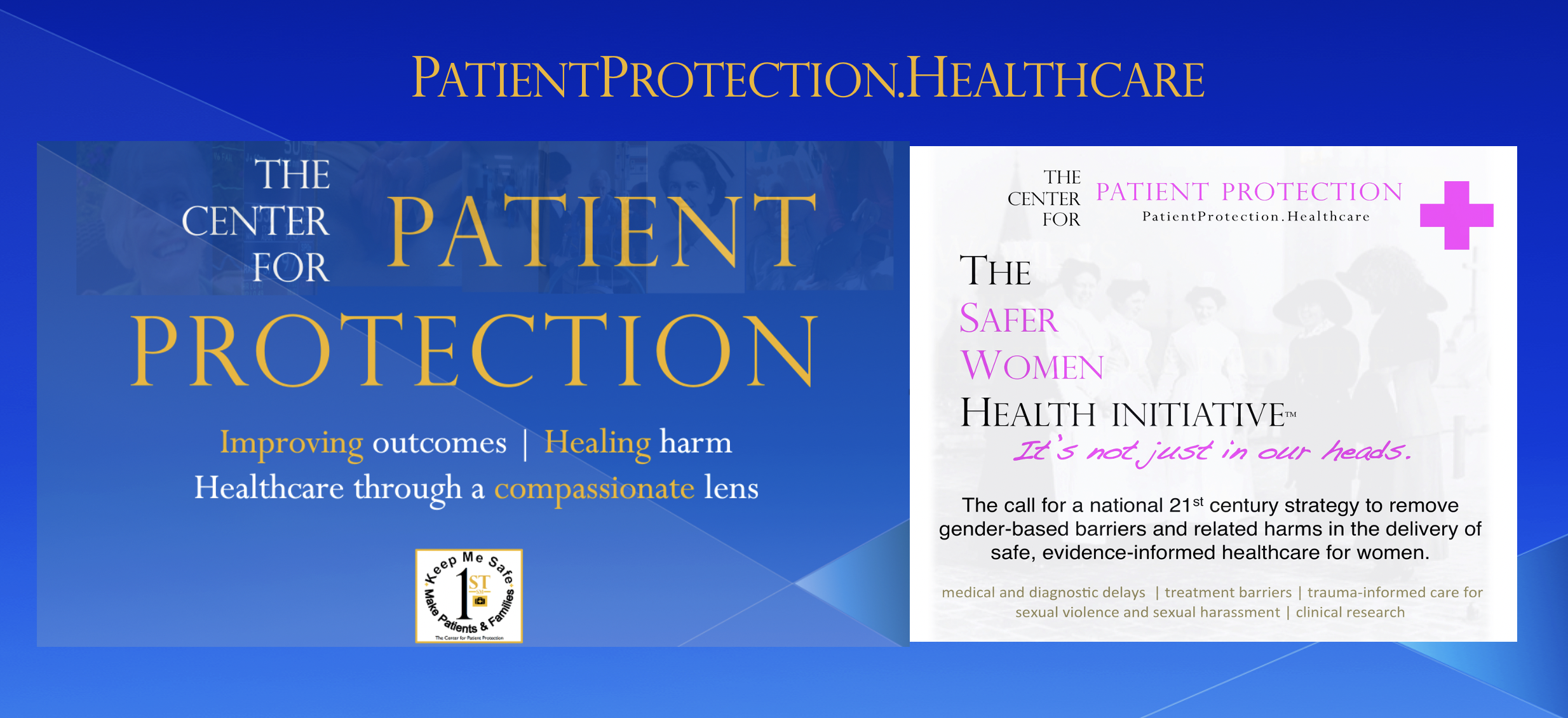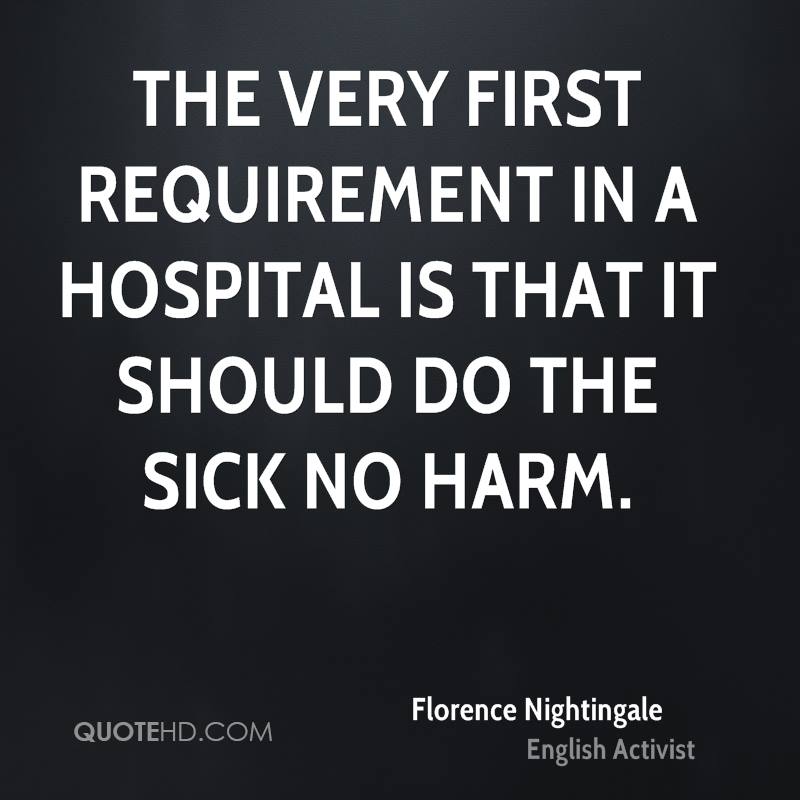(Published in The Huffington Post)
On a late Sunday night one recent long weekend, I was contacted by a family who was distressed over the treatment their elderly father was receiving in the hospital. I operate an online outreach clinic for patients and families through The Center for Patient Protection. It has helped thousands over the years navigate their way toward safer care and deal with the emotional trauma of medical errors when they occur.
The family who reached out to me believed the care team had made some serious errors in treatment and were not coming clean with what had happened. There had been a complete breakdown in communication and trust between the family and the doctors and nurses involved.
The family felt their concerns were resented and that they had been portrayed as “difficult” in a way that was jeopardizing the best care for their father. Having known dark nights of despair in the lengthy hospitalization of my own mother, I find it difficult to turn away such cries for help.
At most hospitals, patient relations (complaint) departments are closed just when they are needed the most — on weekends and holidays. This hospital was no exception. The family told me they had nowhere else to turn.
I spent much of the rest of the weekend helping to restore the relationship between the family and the care team. The hospital finally agreed to be forthcoming with the family about the mistakes that had occurred and offered an apology for what had happened. This helped to get everyone back on the same page. The family later told me they saw real benefits to the patient as a result. Not all pleas for help have a happy ending.
The line between being “concerned” and “difficult” in the eyes of the care team is a thin one that families can easily find themselves crossing.
Families are often experts on a hospitalized loved one. They are frequently the first to recognize adverse changes in the patient’s condition that are important for health-care professionals to act upon. They understand the preferences of the patient, which can also assist with ensuring a more comfortable hospital stay. And families provide patients with a unique level of personal care, support and reassurance no clinical team can match, no matter how well-intentioned.
Families know best
These principles are enshrined in the idea of patient and family-centred care, which recognizes how important families can be to successful patient outcomes, and the roles that respect, openness and consultation with families play in that process.
Our health-care professionals and hospitals regularly provide a marvellous range of care and even heroic achievements. They do this every day. But far too often, this face of health care can become eclipsed by shadows of opaqueness and resentment that reveal a darker side of our health-care systems, especially when it comes to the search for accountability by harmed patients and families.
Too often, health-care organizations, through their inept and unfeeling responses, amplify these later waves of harm rather than mitigate their damaging effects.
Just look at the literature on the problems with transparency and disclosure of avoidable medical errors, and the commonly reported reluctance of physicians to admit to having made an error or caused injury to a patient. Medical literature is also replete with references to the “deny and defend ” culture to which providers sometimes resort when patients and families seek accountability for adverse incidents.
This same dark side often unleashes a torrent of emotional harm. As Sir Liam Donaldson, M.D., one of the world’s most respected and consulted experts on patient safety, reminds: “Too often, health-care organizations, through their inept and unfeeling responses, amplify these later waves of harm rather than mitigate their damaging effects.”
Denial never leads to positive outcomes
Over the years, many patients and families have contacted me to report their ordeals involving care that was not respectful, health-care professionals who did not adequately respond when adverse signs were beginning to appear or hospitals that did not provide answers when errors occurred. In our strained and busy health-care systems today, the line between being “concerned” and “difficult” in the eyes of the care team is a thin one that families can easily find themselves crossing. When this happens, it generally does not have a good outcome.
All this stands in stark contrast to the mission of compassionate care and healing that is at the heart of these noble professions. Health-care cultures that will not acknowledge or admit to medical errors, and therefore fail to learn from them, or permit expressions of resentment and disrespect by care teams (and administrators) to patients and families seeking information are the very antithesis of what patients need and what a caring society should accept.
Such cultures also translate into higher health-care costs for everyone, which can run the gamut from longer hospital stays resulting from medical errors to litigation that can arise when neither answers nor apologies are forthcoming.
Accountability is at the centre of a trusted health-care system
Human error is never intentional in the care of a patient. We all know this. But the refusal to make things right, to own up to the error and to seek forgiveness for any resulting physical and emotional injury, especially when they might have been prevented, is always an act of intention.
And before anyone takes great offence to this thesis, try walking in the shoes of patients — and also think of the surviving family members who have had to deal with the impact of avoidable medication errors, preventable hospital-acquired infections or botched surgical procedures that needn’t have happened.
These events often result in overwhelming feelings of abandonment and betrayal in the aftermath of harm where families can remain haunted by feelings of guilt and the curse of “what ifs” — sometimes for the rest of their lives. It is a nightmare from which too many victims never fully awake, as I see with the heartbroken souls who regularly contact me.
Surely our health-care providers and professionals can do better. In a system that is as dependent upon trust and respect as it is on medication and antiseptics, we cannot afford two faces of health care. There should only be one: where the well-being of the patient and family, and their need for honesty, dignity and compassion, come first.

